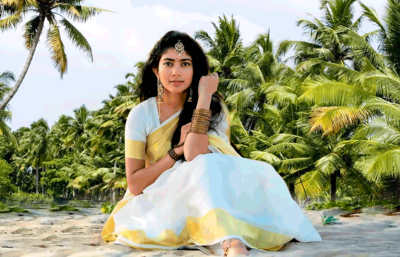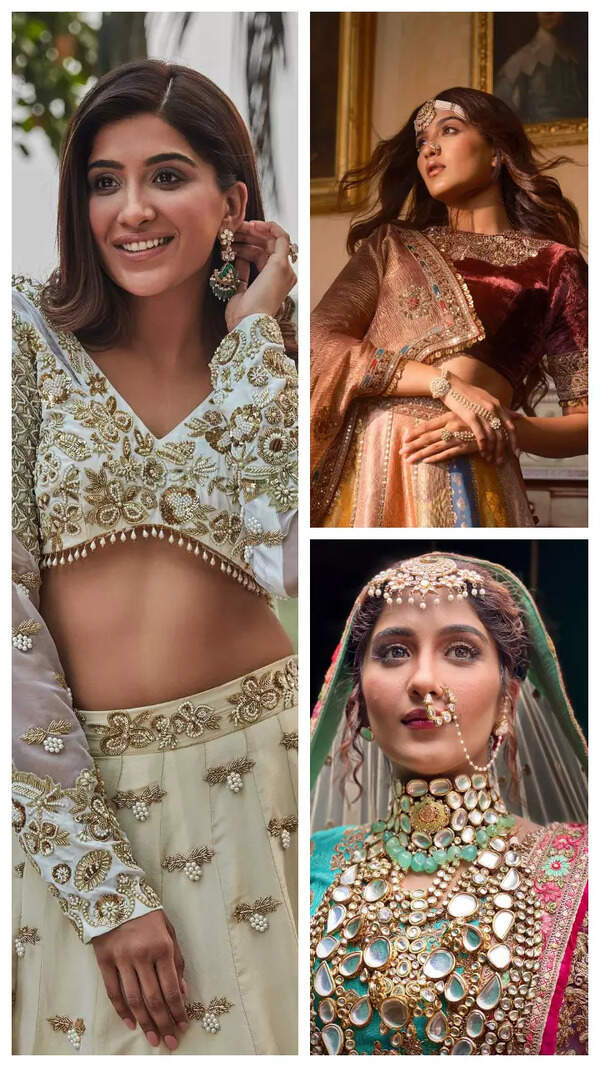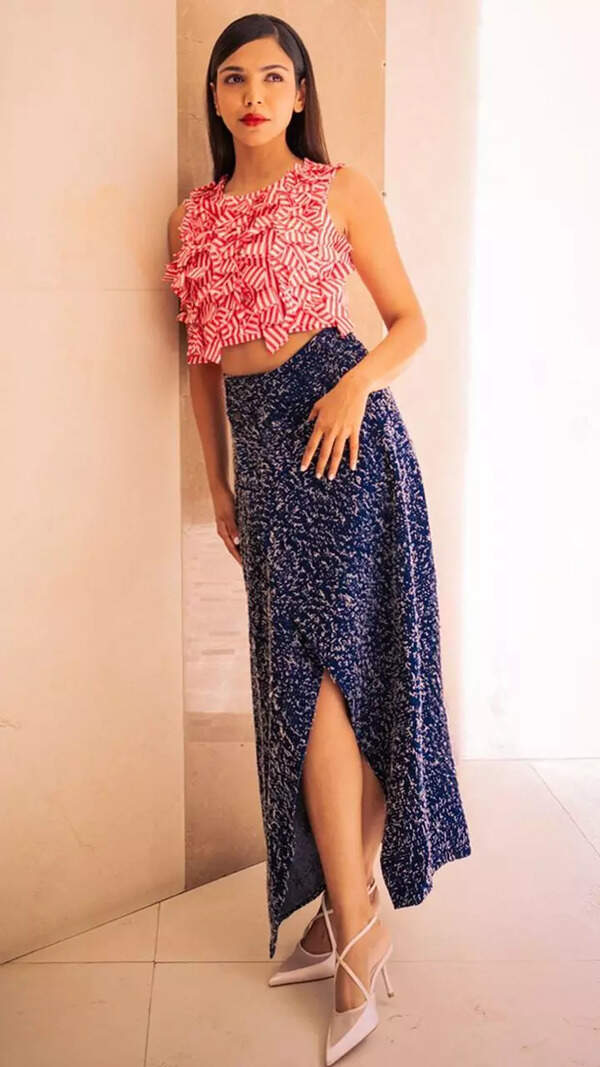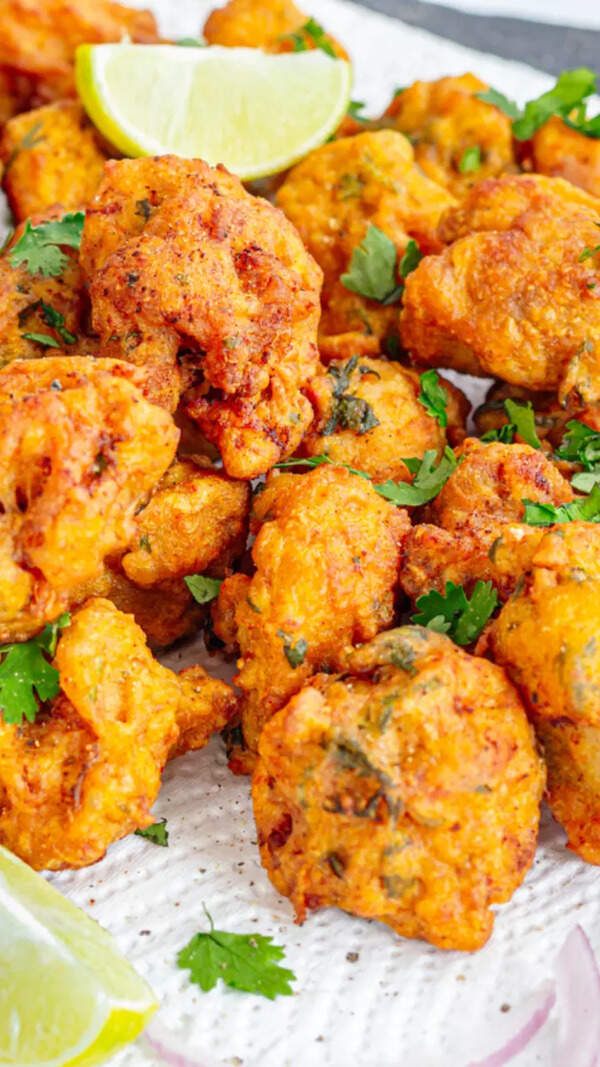- News
- lifestyle
- fashion
- style-guide
- Why Kasavu sari is the traditional attire for Onam celebrations
Trending
Why Kasavu sari is the traditional attire for Onam celebrations
The Kasavu sari, distinguished by its golden borders, plays a vital role in Kerala's cultural heritage and Onam celebrations. Initially reserved for high-ranking women, it has evolved into a symbol of tradition and unity. Wearing this sari during Onam honors local craftsmanship and celebrates the values associated with King Mahabali.

These golden borders of the Kasavu sari enact both the asset of cultural heritage and festivity of Kerala, specially in the Onam festival. It is this traditional wear that finds a place in the hearts of the Keralites with its distinctive golden borders and elegance in simplicity. Trying to get an insight into why the Kasavu sari is worn with pride during Onam, the attempt should be to trace the historical significance, the cultural symbolism, and the role it plays in celebration.
Historical context and evolution
Kasavu saris are better known as Mundum Neriyathum, drawing their strength from the deeper recesses of Kerala history.


Wearing of Kasavu sari on Onam is an ages-old tradition and practice. Onam is one of the biggest festivals in Kerala; it is an annual homecoming of the mythical king Mahabali. The festival is marked by fun and joy with elaborate feasts, floral decorations, traditional dance performances, and family gatherings. It presents a fantastic tapestry of cultural traditions of Kerala and once a year offers Keralites an opportunity to reunite with their roots.
Cultural significance of the Kasavu sari
Kasavu sari constitutes the typical traditional attire of Kerala. Usually, Kasavu saris are of cotton-the material that best suits the tropical climate of the region. The simplicity of the white or off-white fabric is contrasted with golden zari borders, reflecting the aesthetic values of Kerala's traditional attire.
Wearing the Kasavu sari on Onam is as much respect for the traditional value system as it is respect for the local craftsmanship. The understated design of this sari, hence, comes across as highly sophisticated while reflecting the grace and modesty associated with the womanhood of traditional Kerala. The golden borders symbolize good times, propitiousness, matching the celebratory note of Onam.
Kasavu sari: The key component of Onam celebrations
Onam is a festival that breaks the frontier of religious division, as on this day, people of every group participate in Kerala. The people come together to celebrate unity and be thankful for the blessings of nature during this time of the year. The Kasavu sari they wear during this festival has become a symbolic expression of these values in visual appeal.
Festive elegance: Kasavu sari gives an added elegance to the Onam festivity. Women of every age group wear the sari during Onam-be it at traditional Onasadya, Pulikali, or the Vallamkali. The classy construction of the sari aptly contrasts with the vibrancy and colorfulness of these events. Thus, the sari turns out to be an inseparable part of such events.
Lived tradition: The Kasavu sari is traditional wear for Keralites, continued to be transferred to future generations as a respect to their cultural traditions. The use of gold zari in the saris and the traditional weaving techniques followed is a tribute to skilled artisans who have preserved these methods over the years. This dress acts like a bridge between the past and the present, ensuring that the rich heritage of Kerala will go on to be celebrated.

Onam has become one avenue for unifying identity through the use of a common traditional dress-the Kasavu sari. People from all walks of economic and social life wear this same attire during the festival of Onam, and it only furthers in bringing them together in spirit.
Connection with Mahabali: The festival of Onam basically revolves around the legend of King Mahabali, a much-cherished king who is believed to visit Kerala during Onam. With its royal-looking feel, the Kasavu sari would be a great honor paid to the grandeur of Mahabali. Wearing this costume during the festival is one way to pay respect in memory and rejoice over values such as justice, prosperity, and harmony represented by him.
The modern view
The Kasavu sari, though always retaining a place in Onam, has presently parted ways with the festival as an entity. Fashion designers have played with the traditional design to give it a modern appeal while retaining the real essence of this traditional Kerala handloom. That is how Kasavu sari has kept up the trendiness relevant even to young people who want to celebrate their heritage in a modern perspective.
Manish Malhotra Ganeshotsav 2024: Arjun Kapoor, Kiara Advani & Others Turn Up In Traditional Best
The Kasavu sari represents something more than a garment; it is a vivid manifestation of the richness of culture and tradition that Kerala possesses. An idea of Onam with the Kasavu sari evokes all the reason it may be considered an identity factor, a symbol of festivity, and respect for tradition. When Keralites wear their Kasavu saris during Onam, they do so not in celebration but to pay homage to an undying tradition weaves threads of history, culture, and community together.
End of Article
FOLLOW US ON SOCIAL MEDIA










